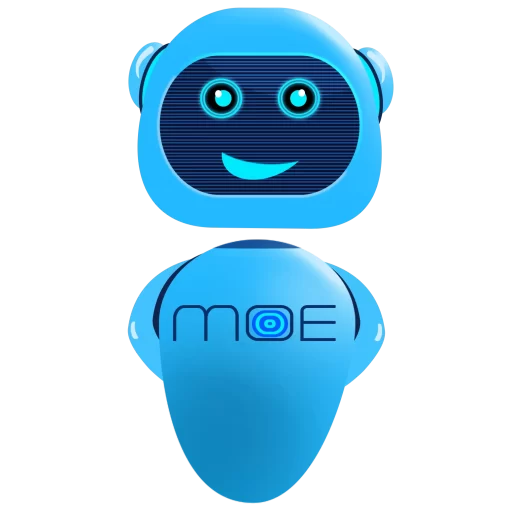Gone are the days when businesses solely relied on human interaction to provide customer support. With the rapid advancement of technology, AI chatbot development has emerged as a game-changer in revolutionizing customer service across various industries. In this blog post, we will delve into the intricacies of AI chatbot development, focusing on custom chatbot development, retail chatbot development, Google chatbot development, chatbot application development, and banking chatbot development.
Custom Chatbot Development
Custom chatbot development allows businesses to create tailored solutions that cater to their specific needs. Whether it’s providing personalized recommendations, addressing frequently asked questions, or assisting in lead generation, custom chatbots offer numerous benefits. The process involves careful planning, design, and integration of APIs and third-party tools to ensure seamless functionality. By developing custom chatbots, businesses can enhance customer engagement, optimize workflow, and save valuable time and resources.
Retail Chatbot Development
In the retail sector, chatbots have become indispensable tools for improving customer experiences. Retail chatbots can assist customers with product inquiries, offer personalized recommendations, process payments, and even track orders. These chatbots are designed with features and functionalities specific to the retail industry, such as inventory integration and product search capabilities. Many leading retail brands have successfully deployed chatbots, resulting in higher customer satisfaction, increased sales, and improved brand loyalty.
Google Chatbot Development
Google, with its vast repository of AI capabilities, has also made significant contributions to the field of chatbot development. Businesses can leverage Google’s AI technologies, such as Natural Language Processing (NLP) and Machine Learning (ML), to build intelligent chatbots. Google chatbots are equipped to handle complex user queries, provide accurate information, and offer personalized recommendations. The integration of Google Assistant further enhances the conversational and interactive aspects of chatbots, making them more intuitive and user-friendly.
Chatbot Application Development
Chatbots find applications across a wide range of industries and sectors. They can be used for customer support, lead generation, appointment scheduling, e-commerce transactions, and more. The development process involves choosing the appropriate methodology and framework, such as rule-based chatbots or machine learning-based chatbots, depending on the specific needs of the application. Real-life examples demonstrate the versatility of chatbots, from healthcare providers offering remote consultations to travel agencies assisting customers with itinerary recommendations.
Banking Chatbot Development
Chatbots have also found their place in the banking industry, transforming customer support and engagement. Banking chatbots can provide account information, assist with money transfers, answer queries related to loan applications, and even offer financial advice. Security considerations, such as encryption and authentication, ensure the safety and privacy of sensitive bank-related information. Successful banking chatbot deployments have not only improved customer experiences but have also led to operational efficiencies and cost savings for financial institutions.
AI Chatbot Development
AI chatbot development continues to push the boundaries of customer service and engagement. Custom chatbots, retail chatbots, Google chatbots, chatbot applications across industries, and Moe Chatbot are just a few aspects of this rapidly evolving field. As businesses strive to provide personalized and efficient customer support, chatbots offer a scalable and cost-effective solution. By adopting chatbot technology, businesses can unlock new possibilities, streamline processes, and ultimately enhance the overall customer experience.

